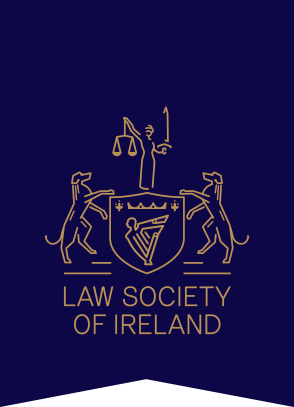Pension entitlements under the Personal Insolvency Act 2012 (“the Act”)
Bankruptcy occurs when someone is wholly or partially unable to repay their debts. The purpose of the bankruptcy is to distribute the assets of the bankrupt fairly among their creditors and protect them from their creditors. The distribution is done through a court official known as the ‘Official Assignee’.
The current general rule for pension entitlements is that if you are about to be adjudged bankrupt then all property “belonging” to you on the date of the adjudication will be taken from you and vest (or be given to ) the Official Assignee. What if you become bankrupt at 55 years of age and are due to drawdown your pension at 59 years of age? Will your pension be deemed to “belong” to you and thus be given to the Official Assignee on bankruptcy?
What does the Act propose to do?
The act aims to legislate in respect of the treatment of pensions in bankruptcy. The Bankruptcy Act 1988 already provided that whenever a bankrupt is in receipt of or is entitled to receive any pension, the court may make an order to receive any pension for payment to the Official Assignee. This is subject to conditions ie. family responsibilities and personal situation of the bankrupt.
The Act introduces a new regime to the current position (under section 150). It provides that assets relating to a ‘relevant pension arrangement’ (or “RPA”) other than payments already received or that the bankrupt was entitled to receive, will not vest in the Official Assignee in bankruptcy. An RPA includes PRSAs, personal pensions and public sector pensions. However, where the bankrupt would receive an income if he performed an act or exercised an option before or within five years of the bankruptcy date, he is considered to be in receipt of such amount and such amount vests in the Official Assignee.
What does this mean in practice?
Depending on the age of the bankrupt this could mean the Official Assignee exercising retirement rights on behalf of the bankrupt ie. the bankrupt’s pension assets would become available to creditors even before retirement date.
What about persons making excessive contributions to their pension just prior to being adjudged a bankrupt?
The Act also provides (under section 88) that in a case where the bankrupt makes excessive contributions to their pension in the three years before being adjudicated bankrupt which materially contributed to the bankrupt’s inability to pay his debts, or which substantially reduced the sum available for creditors, the court may make an order to ensure that this money be made available for distribution to the creditors. These provisions are expected to come into force in the next few months.

Niall Colgan is a Solicitor practising in Cork City










